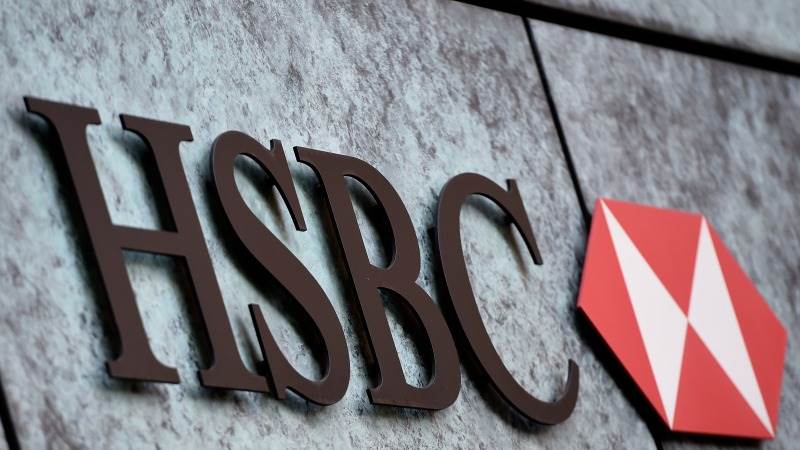
HSBC Bank Australia has launched a program to improve its record-keeping and reporting process of cross-border transactions as thousands were processed incorrectly.
Australia’s anti-money laundering regulator, AUSTRAC, was informed of the failure to record and report all transactions correctly. Limited details of the reporting breaches were disclosed in the HSBC 2019 financial accounts, accessible on its parent global website in March.
HSBC Australia’s director states:
“In December 2019, the bank raised with AUSTRAC one such matter relating to the under-reporting of a limited category of cross-border transactions involving non-bank financial institutions and other financial institutions.”
“The bank is continuing to work with AUSTRAC in relation to this matter in line with our open and transparent approach to regulators.”
The failure to follow the correct SWIFT MT202 messaging format in line with AUSTRAC requirements for several years, means potential failure of tens of thousands of cross-border transactions and instructions not being reported to AUSTRAC.
HSBC Australia potentially faces heavy fines and may need to go through exhaustive processes to identify each transaction in detail. This heavy scrutiny comes after recent AML breaches at the Commonwealth Bank and Westpac Bank.
Banks functioning in Australia face fines up to $21 AUD million for each individual breach of anti-money laundering laws.
Risk management consultant and researcher, Dr. Patrick McConnell states:
“Last year HSBC was operating out of 6000 offices around the world, which means it probably has the widest reach of any bank… In the last 15 years they’ve acquired many other financial institutions and that means they have lots of systems likely to create compliance holes across their operations.”
Dr. McConnell adds that he is not surprised upon hearing AML compliance issues for HSBC have resurfaced; in 2012, HSBC was fined $1.9 USD billion by US authorities for allowing drug cartels to launder money through their global banking network.
